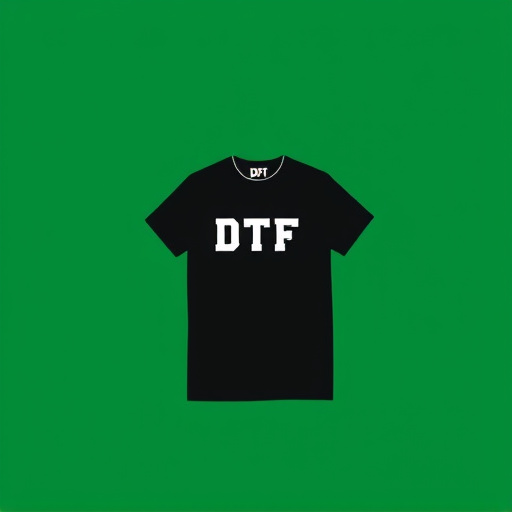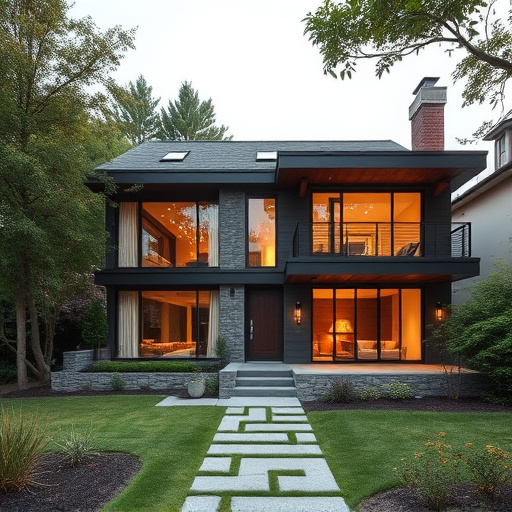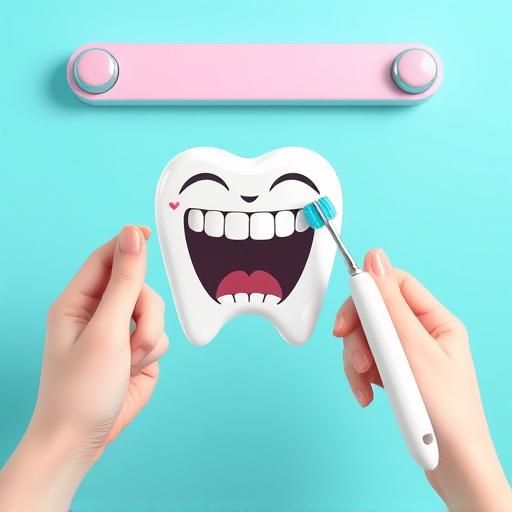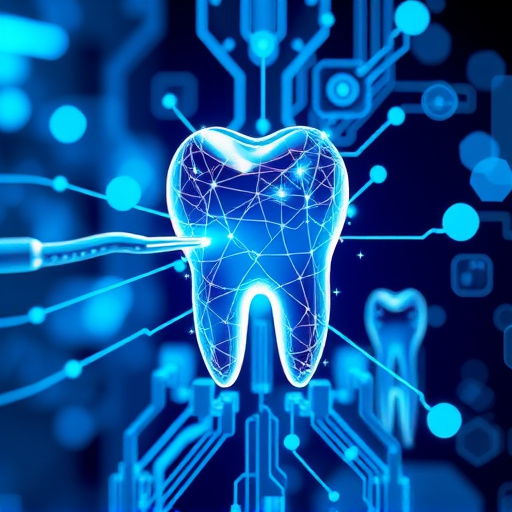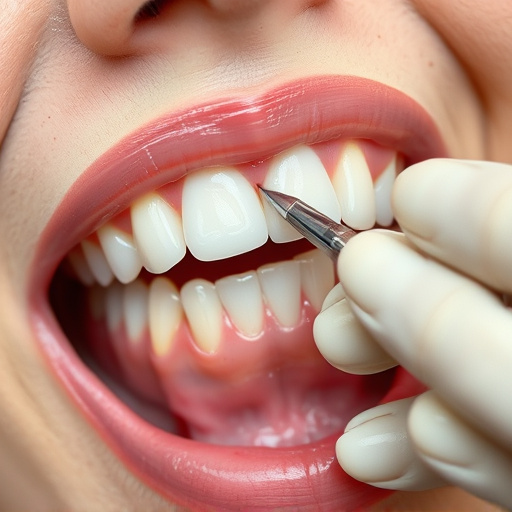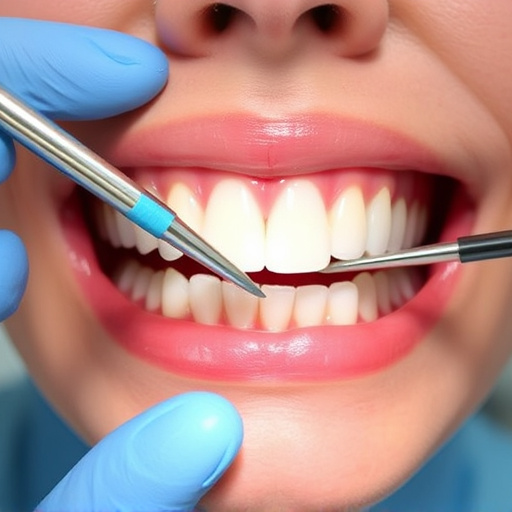Dental sealants for teeth are protective coatings that shield permanent molars from sugars and food particles, reducing decay risk and eliminating the need for fillings or extractions. Applied in a dentist's office using special resin that hardens on contact, these thin, durable layers last for years with proper oral hygiene, offering a non-invasive solution for comprehensive dental care. Regular check-ups and at-home care, like brushing with fluoride toothpaste, further enhance their effectiveness, complementing wisdom tooth removal procedures and promoting healthy smiles.
Dental sealants for teeth are an effective protective measure against sugar and food particles, safeguarding enamel from damage. This article delves into the science behind these transparent coatings, explaining how they create a barrier on tooth surfaces, preventing cavities and wear caused by dietary factors. By understanding the mechanism and benefits of dental sealants, readers can make informed decisions about oral health maintenance.
- Understanding Dental Sealants: A Protective Barrier
- How Sealants Shield Teeth from Sugar and Food Debris
- Benefits and Maintenance of Dental Sealant Applications
Understanding Dental Sealants: A Protective Barrier

Dental sealants for teeth act as a protective barrier, creating a smooth, hard coating on the surface of permanent molars. This preventative measure is especially crucial in children and teens, as it shields vulnerable teeth from the constant assault of sugar and food particles. These sealant applications are typically done in a dentist’s office and involve the use of a special resin that hardens after being applied to the tooth’s chewing surfaces.
By sealing out plaque, bacteria, and food debris, dental sealants significantly reduce the risk of decay and other dental issues, such as dental fillings or even more extreme procedures like tooth extractions. They provide a non-invasive solution for comprehensive dental care, offering long-lasting protection that can endure for several years with proper oral hygiene practices.
How Sealants Shield Teeth from Sugar and Food Debris
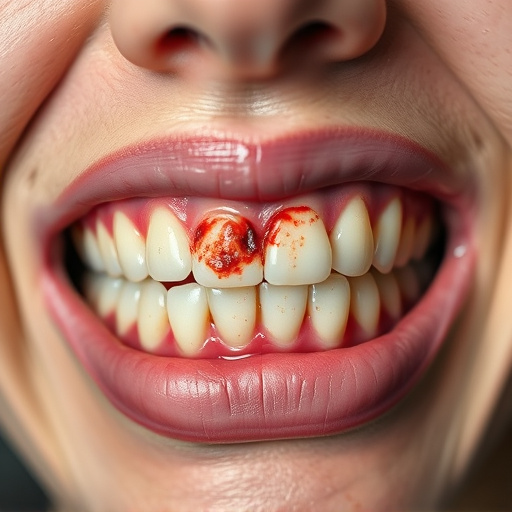
Dental sealants for teeth act as a protective barrier against sugar and food debris. When applied to the chewing surfaces of back teeth, these thin, hard-wearing coatings fill in the tiny pits and crevices that are prone to trapping food particles and bacteria. By sealing these areas off, sealants prevent plaque buildup and the subsequent acid attacks that can lead to tooth decay.
Think of dental sealants as a shield for your teeth. They create an impenetrable barrier against sugar, which is a primary fuel source for bacteria in the mouth. By keeping food debris and sugars out, sealants significantly reduce the risk of cavities forming, making them a valuable tool in both children’s dentistry and family dentistry practices.
Benefits and Maintenance of Dental Sealant Applications

Dental sealants for teeth offer a protective layer against sugar and food particles, significantly reducing the risk of cavities and dental issues. This is particularly beneficial for children, as their permanent teeth develop. By applying sealants, parents can provide comprehensive dental care, safeguarding young smiles from early decay.
Proper maintenance is key to ensuring the longevity of dental sealant applications. Regular dental check-ups are crucial, allowing dentists to inspect the sealants and address any signs of wear or damage. Simple at-home practices like brushing with fluoride toothpaste and avoiding sugary foods can further protect sealed teeth, complementing wisdom tooth removal procedures when necessary. This proactive approach ensures a healthy smile and prevents future dental implants from becoming compromised.
Dental sealants for teeth act as a protective barrier, effectively shielding them from sugar and food particles. By sealing the microscopic grooves and pits on tooth surfaces, these sealants prevent plaque buildup and decay-causing bacteria from taking hold. Regular check-ups and proper maintenance ensure their longevity, providing long-term protection for your dental health.

